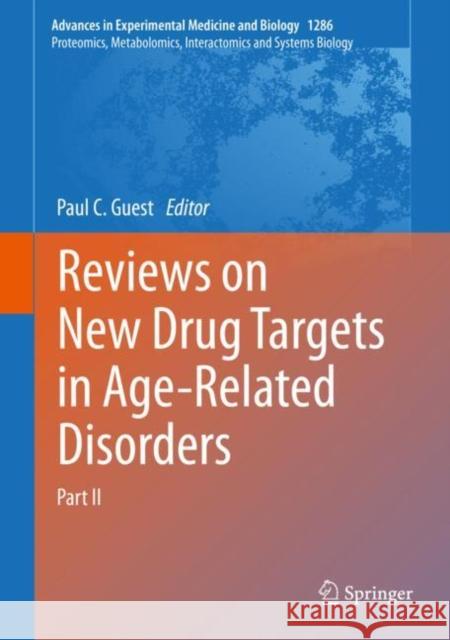Reviews on New Drug Targets in Age-Related Disorders: Part II » książka
topmenu
Reviews on New Drug Targets in Age-Related Disorders: Part II
ISBN-13: 9783030550349 / Angielski / Twarda / 2021 / 272 str.
Kategorie:
Kategorie BISAC:
Wydawca:
Springer
Język:
Angielski
ISBN-13:
9783030550349
Rok wydania:
2021
Wydanie:
2021
Ilość stron:
272
Waga:
0.70 kg
Wymiary:
25.4 x 17.78 x 1.75
Oprawa:
Twarda
Wolumenów:
01
Dodatkowe informacje:
Wydanie ilustrowane











